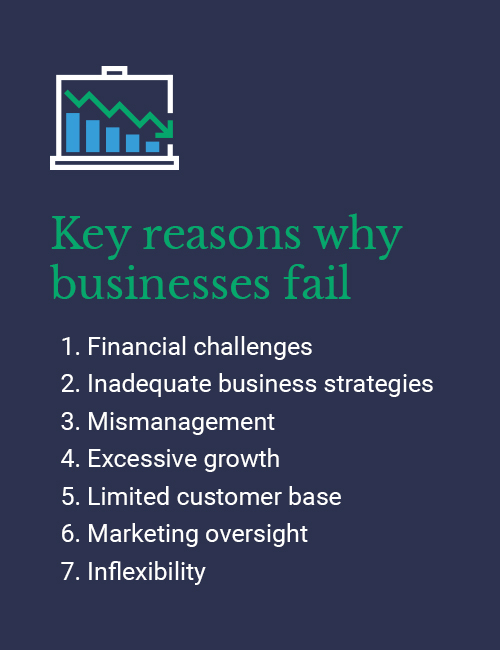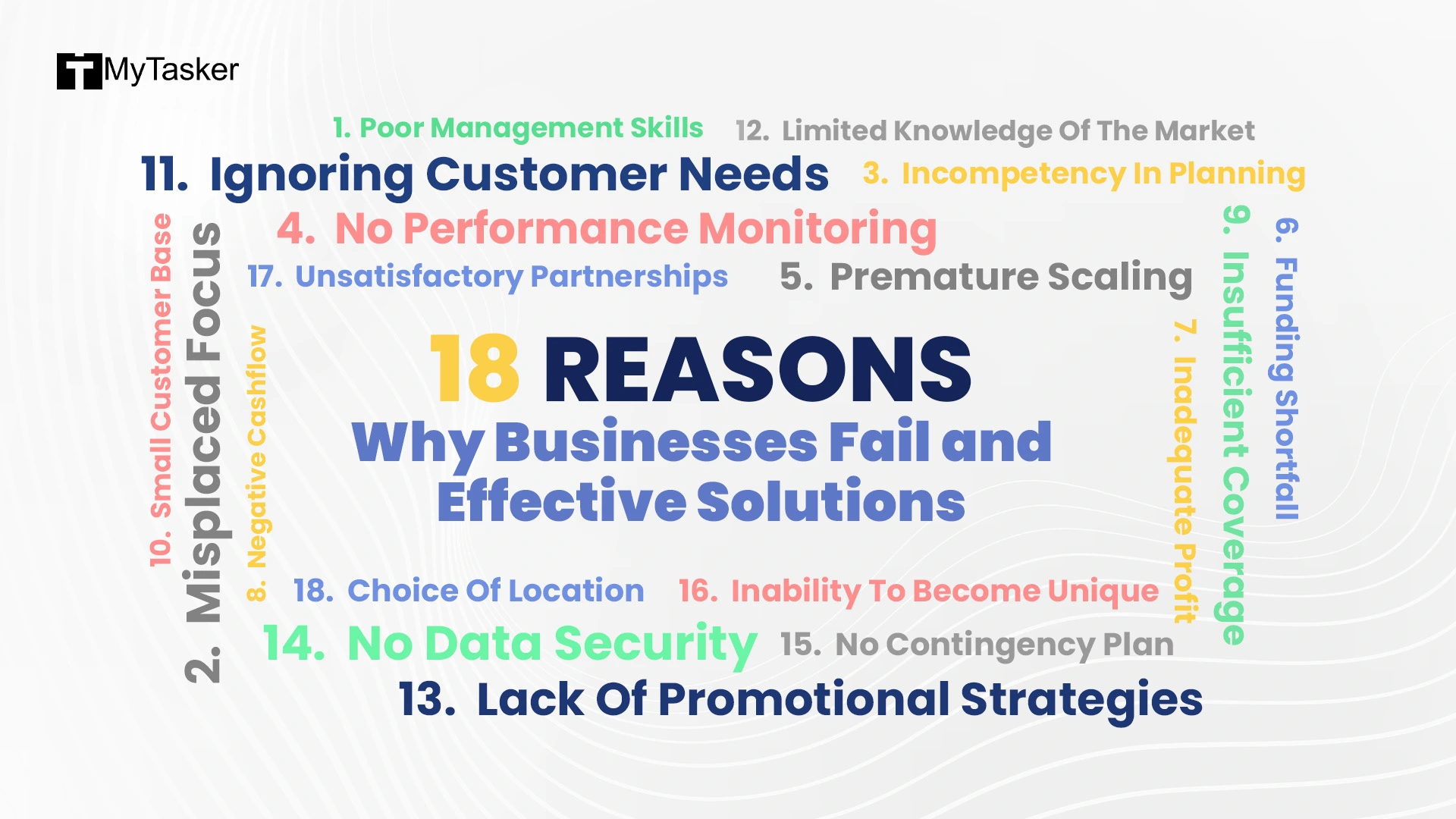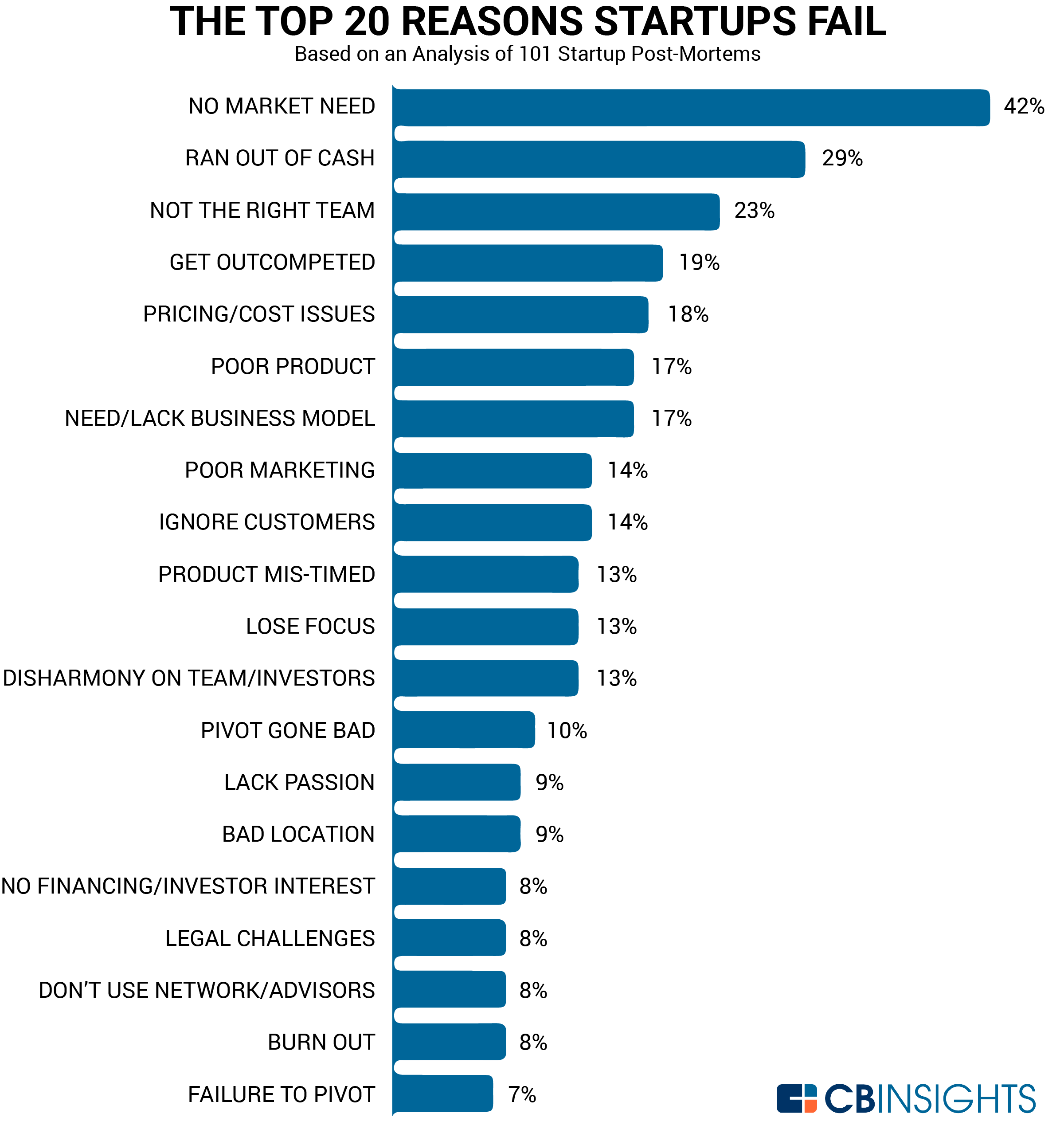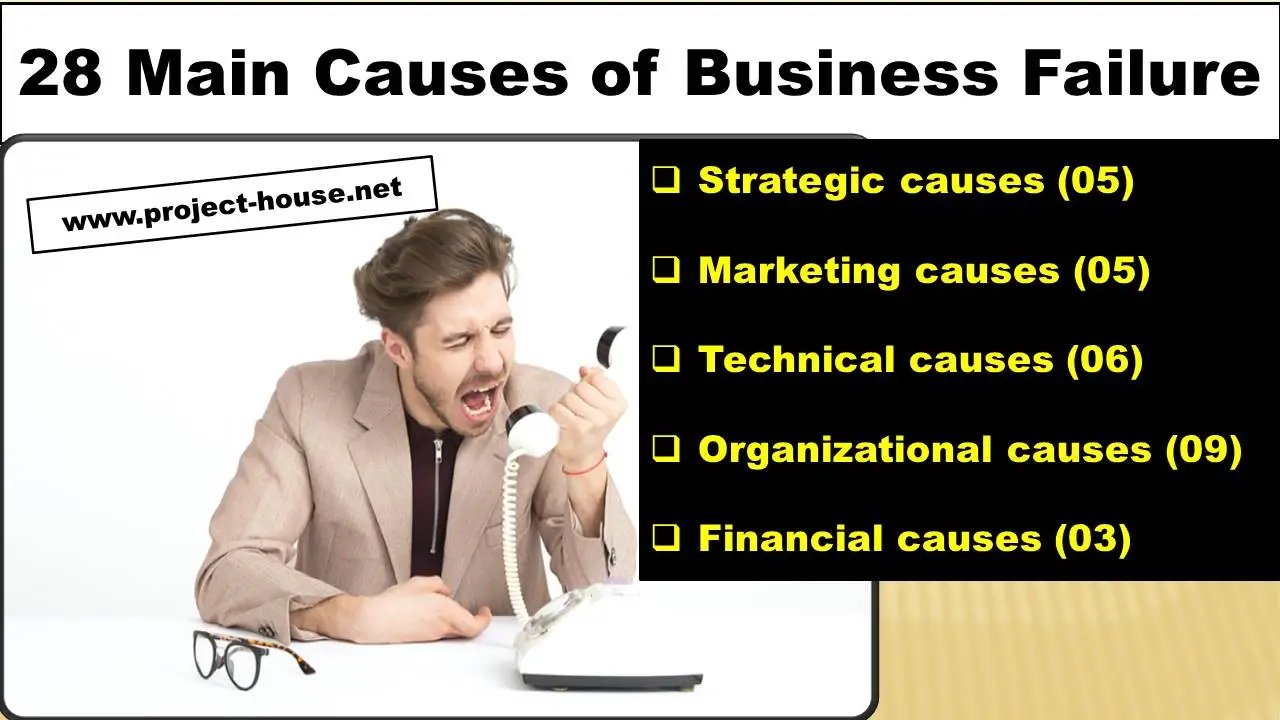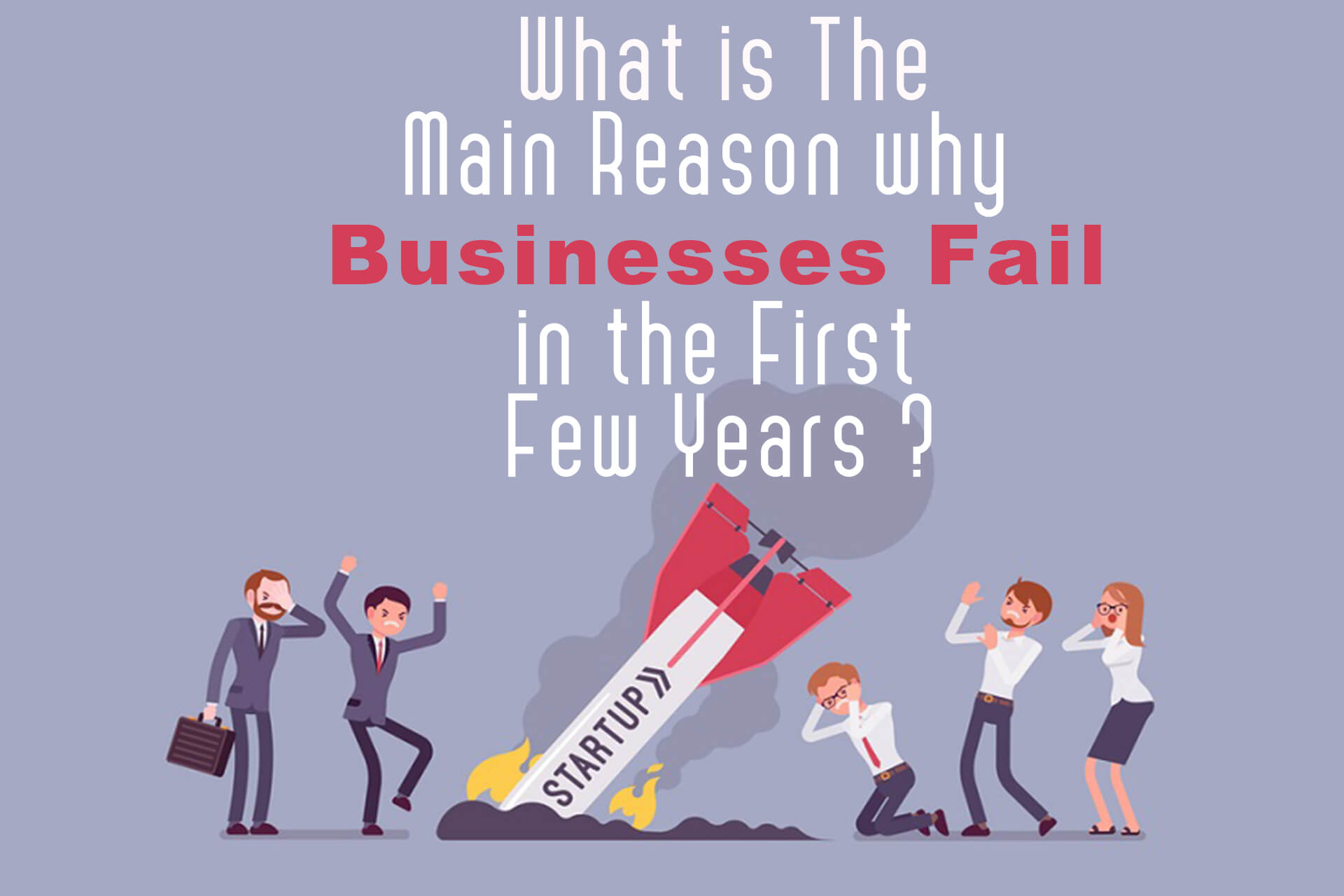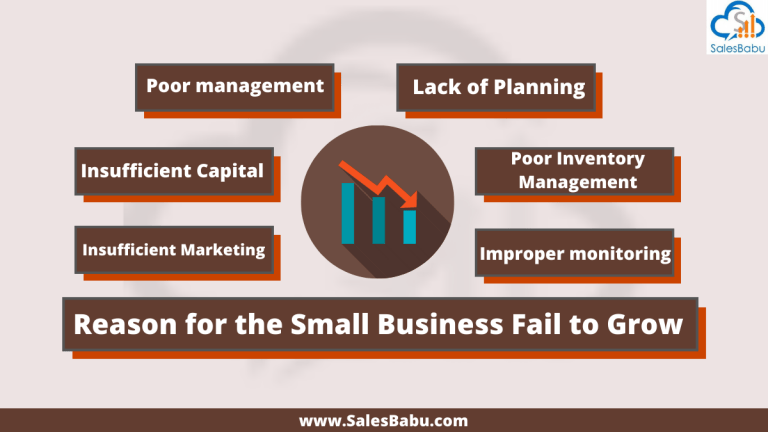What Are The Main Reasons Businesses Fail
.jpg)
The graveyard of failed businesses is a stark reminder of the challenges entrepreneurs face. Dreams of innovation and independence often collide with harsh realities, leaving behind a trail of lost investments and broken aspirations. Why do so many promising ventures ultimately crumble?
This article delves into the primary reasons behind business failures, drawing on data and expert analysis to paint a comprehensive picture. We will explore critical factors ranging from inadequate market research and poor financial management to ineffective leadership and a lack of adaptability. Understanding these pitfalls is crucial for both aspiring and established business owners striving for sustainable success.
Inadequate Market Research and Planning
A fundamental error many businesses make is launching without a thorough understanding of their target market. Ignoring market research can lead to offering products or services that no one wants or needs.
Data from the Small Business Administration (SBA) consistently shows a strong correlation between comprehensive business plans and long-term success. Without a solid plan, navigating the competitive landscape becomes significantly more difficult.
Financial Mismanagement: A Leading Cause
Poor financial management is arguably the most common reason for business failure. Cash flow problems, overspending, and inadequate pricing strategies can quickly sink even the most promising ventures.
Insufficient capital is another significant challenge. Many businesses underestimate the funding required to sustain operations during the initial growth phase. They need adequate resources to operate.
The U.S. Bank's study revealed that nearly 82% of business failures are due to poor cash management.
Leadership and Management Deficiencies
Even with a great product and adequate funding, weak leadership can derail a business. Ineffective decision-making, poor communication, and a lack of strategic vision contribute to a toxic work environment.
Lack of experience in the specific industry or business management in general is another factor.
The Harvard Business Review emphasizes the critical role of adaptability and resilience in leadership. Businesses that fail to evolve in response to changing market conditions are doomed.
Failure to Adapt and Innovate
The business world is constantly evolving, and companies that fail to adapt to changing trends often fall behind. This includes embracing new technologies, adjusting marketing strategies, and responding to customer feedback.
Innovation is no longer a luxury but a necessity for survival. Businesses must continuously seek ways to improve their products, services, and processes to stay competitive. This involves constant monitoring of the competitive landscape and anticipating future demands.
Marketing and Sales Challenges
Even the best products or services will fail without effective marketing and sales strategies. Businesses need to reach their target audience and convince them of the value they offer.
Relying solely on word-of-mouth or outdated marketing methods is a common mistake. It needs to be adjusted.
The Forbes reported a significant shift toward digital marketing. Businesses that ignore the potential of online channels risk losing market share to more tech-savvy competitors.
Ignoring Customer Feedback and Service
Customer satisfaction is paramount to long-term success. Ignoring customer feedback or providing poor customer service can quickly damage a business's reputation.
In today's connected world, negative reviews and complaints can spread rapidly through online channels. Companies must be proactive in addressing customer concerns and building strong relationships.
External Economic Factors
External factors such as economic downturns, changes in regulations, and increased competition can also contribute to business failures. These factors are often beyond the control of individual business owners.
Adapting to economic instability and staying informed about relevant regulatory changes is crucial. Businesses need to build resilience into their operations to weather unexpected storms.
Looking Ahead: Building Resilience
While the reasons for business failure are varied and complex, understanding these pitfalls is the first step towards building a successful venture. By prioritizing market research, sound financial management, effective leadership, and adaptability, entrepreneurs can significantly increase their chances of long-term survival and prosperity. The best way is to build a robust business plan.
Furthermore, continuous learning and a willingness to embrace change are essential qualities for any business leader. Those who approach the market with curiosity and a commitment to improvement are far more likely to navigate the challenges and achieve lasting success.
